It seems like I’m always hooked on diseases. Let me explain before you jump to conclusions. BlueSky I did a project on measles and now a year later I’m back to disease in my math game. There’s more. Our first project in Math 9 was all about learning exponent laws and to make it fun, creating a game that used exponent laws. Our partners were chosen for us, the game had to include exponent laws, but other than that it was a free for all. My partner was and honestly I never thought I’d work well with anyone other than my close friends but I was wrong and I learnt that Jude and I work pretty well together! I’m really happy with our end result and I’m tremendously proud of how we executed it. Our game was finally presented to another math 9 class, but first let me tell you how we got there.
BRAINSTORMING
What even are exponents? Well we had to learnt that first, and we did that by practicing questions, getting in groups and learning how to solve riddles that involve exponents and how to solve them. We then moved onto learning about the laws, like the power law and multiplication law.
I actually found learning and practicing exponents easy, I loved learning about them and I can confidently say that I want to learn more about them in the future. The only part that was hard for me was the incorporation into the games. It took Jude and I a while to think about how to base a whole game around exponent laws.
IT ALL STARTED WITH AN IDEA 💡
As always coming up with an idea, the hardest part I would say because its basically like putting the key in the car and starting the whole process up. Draft 1 obviously wasn’t perfect but it also was quite different from the final product. In our case we originally started with a card game, that each card has an action and an exponent law attached to it and face cards mean special health and medicine. But we still didn’t have an objective, or how to win. So you could say that the game was definitely not a Monopoly level game. The idea of diseases was introduced to us by Jude and I thinking of levels of sicknesses through complete randomness. Once we latched onto that idea we followed through with it, until the end. Getting to Level 0 meant no sickness which means you’ve won the game. Staying at level 6 or being the last person at a high level meant you lose. Now we had an objective or a reason to win or lose, we just had to determine the game pieces and/or cards. We decided to make our own cards that were customized to fit our game particularly, instead of using a plain deck of cards. Instead of cards to determine what number you have been assigned, we switched to a single die and made the highest level 6, because you cannot role higher than a 6 on a die.
HOW DO EXPONENTS TIE INTO THIS?
In this game, each person starts out with a sickness, which you could think of as the base of the exponent. The level of sickness you have could be thought of as the exponent or power. Then once everyone has a sickness, the game starts by the person to the left of whoever rolled to get the first sickness. Whatever number they roll corresponds to an action with an exponent law attached to it. We decided to keep that concept in and at first it may seem confusing but it actually worked out pretty well! For example:
Each number has an exponent law attached to it, like this one and the multiplication rule. In this game we used a total of 4 exponent laws, but when starting I didn’t have a clue what exponent laws were about and now, but still with practice, I’m pretty confident with saying that I understand them well. In the end though, I would‘ve liked to include the power of 0 rule, which shows that anything to the power of 0 equals 1, which would’ve been a very interesting concept in a game. Looking back, thats one of the things I would’ve changed.
GETTIN THE JOB DONE & PRESENTATION
Execution was crucial because our game rules and concepts were down, now in a week, was our time to create the game pieces. Jude drew the designs on our customized cards, and I cut them all out into game pieces. Other than printing and cutting the game pieces out, there wasn’t much elbow grease that went into making the game. All of our creativity went into the rules, and I definitely think we showed that throughout this project.
Presenting this was somewhat difficult because many were confused by our rules, but I think this is because Jude and I were trying to talk at the same time and that confused our audience. Next time, one of us should speak which makes it easy for our viewer. “After the rules ere explained, and the game got going, it was fun and easy after I understood the rules.” said Alyssa Upton, one of my friends who tried the game.
REFLECTION
Following the Rubric throughout the project was always a priority because thats where our grading was being based of.
Our rubric shows that one of the curricular competencies for this project were being flexible with rational numbers and having a game design that uses 4 exponent laws. I think we accomplished this successfully because our game definitely has exponent laws included and when learning exponents, I actually caught on quite fast when it came to using rational numbers.
The only things I feel we could revise on is our presentation skills, and using maybe more laws because we both understood all of them but we didn’t use many laws in our game, like the power of 0 rule. Another reflection would be the last curricular competency, which is using all class time without distractions. Jude and I did this pretty well when we were focused on getting the task done, for example if we needed to cut out all the game pieces by the end of class, we would are sure thats done with a little extra time after. But in that little extra time, speaking for myself, I’d go an socialize or try to talk to someone else and little did I know that it distracted me from what I could be doing (fixing tweaks on our game) and I was distracting them as well because not everyone was finished at the same time. Next time and for the rest of the year I’d like to work on being less chatty and learning more and then using what I learnt in my projects.
Overall, I originally thought this project wasn’t going to turn out this well, at least on my part, but with what Jude and I have created, I’m immensely proud of it! Its an actually game I would play in real life for fun and I’m really happy that I feel this way. We actually got this similar response from people who played our game! The only things I would change would be using more exponent laws, being less distracted in class, and working on my presentation skills so we don’t confuse or audience.
Thats all from me! See you in the next blog post!
~Malaika😎

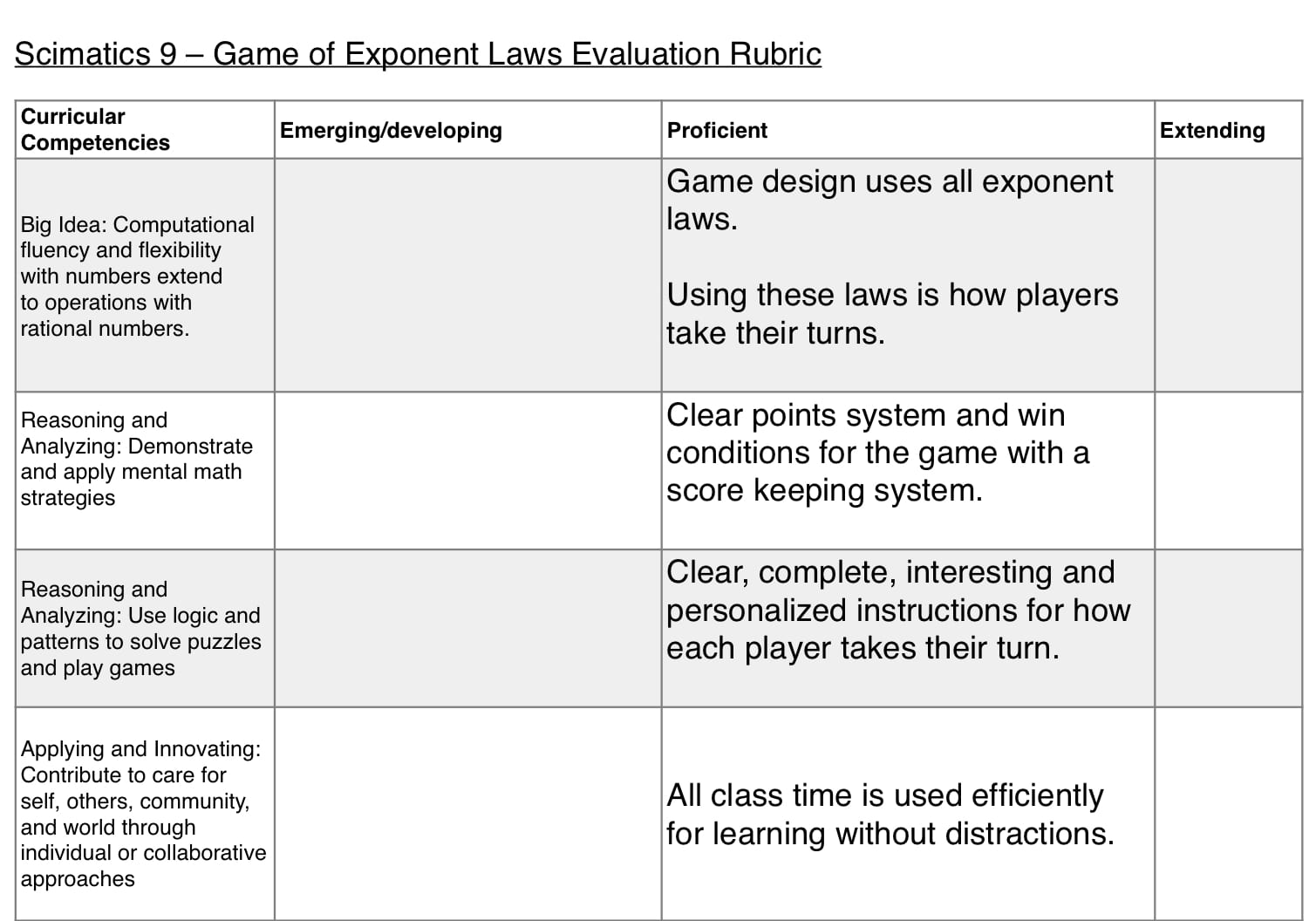
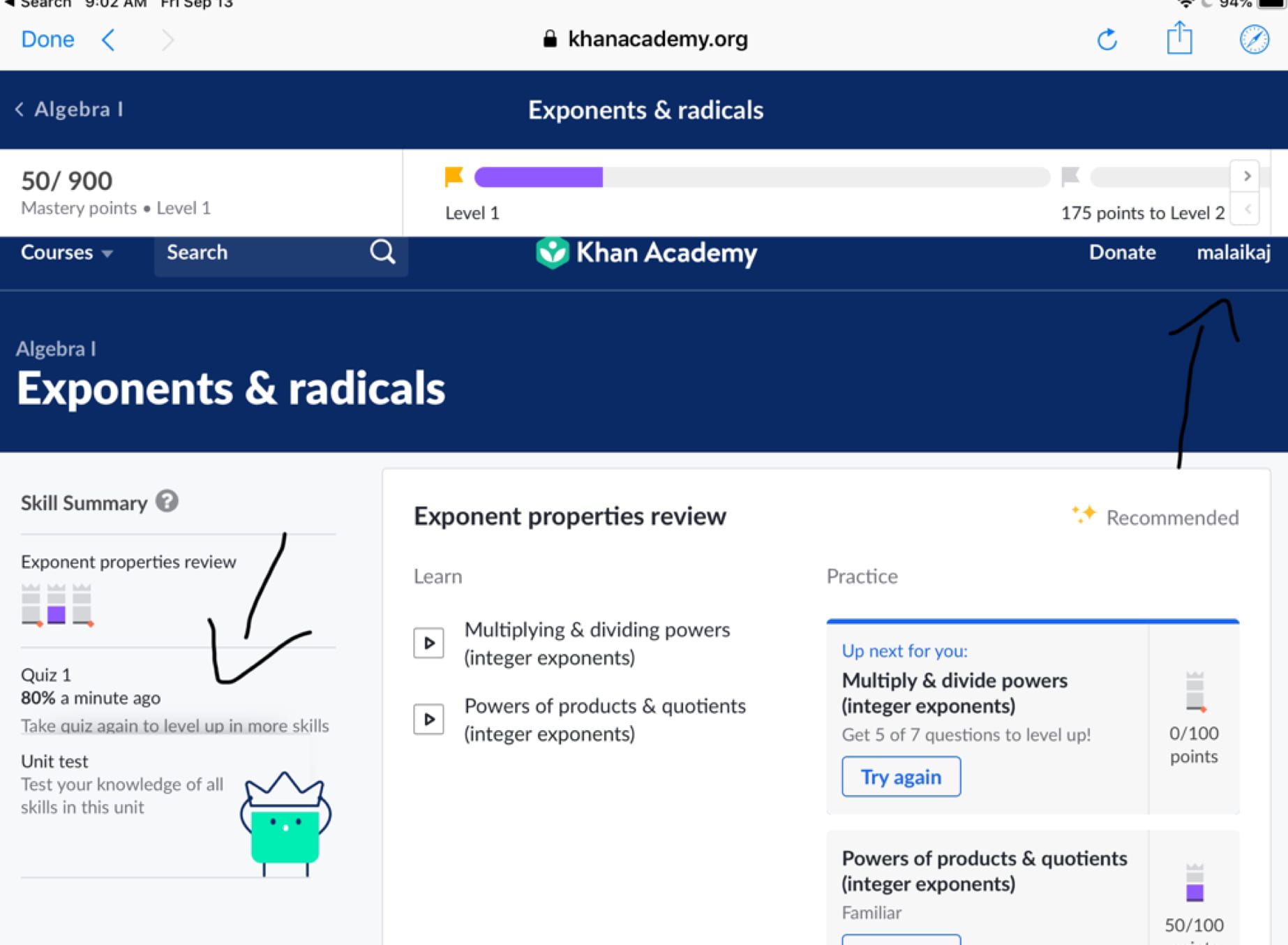



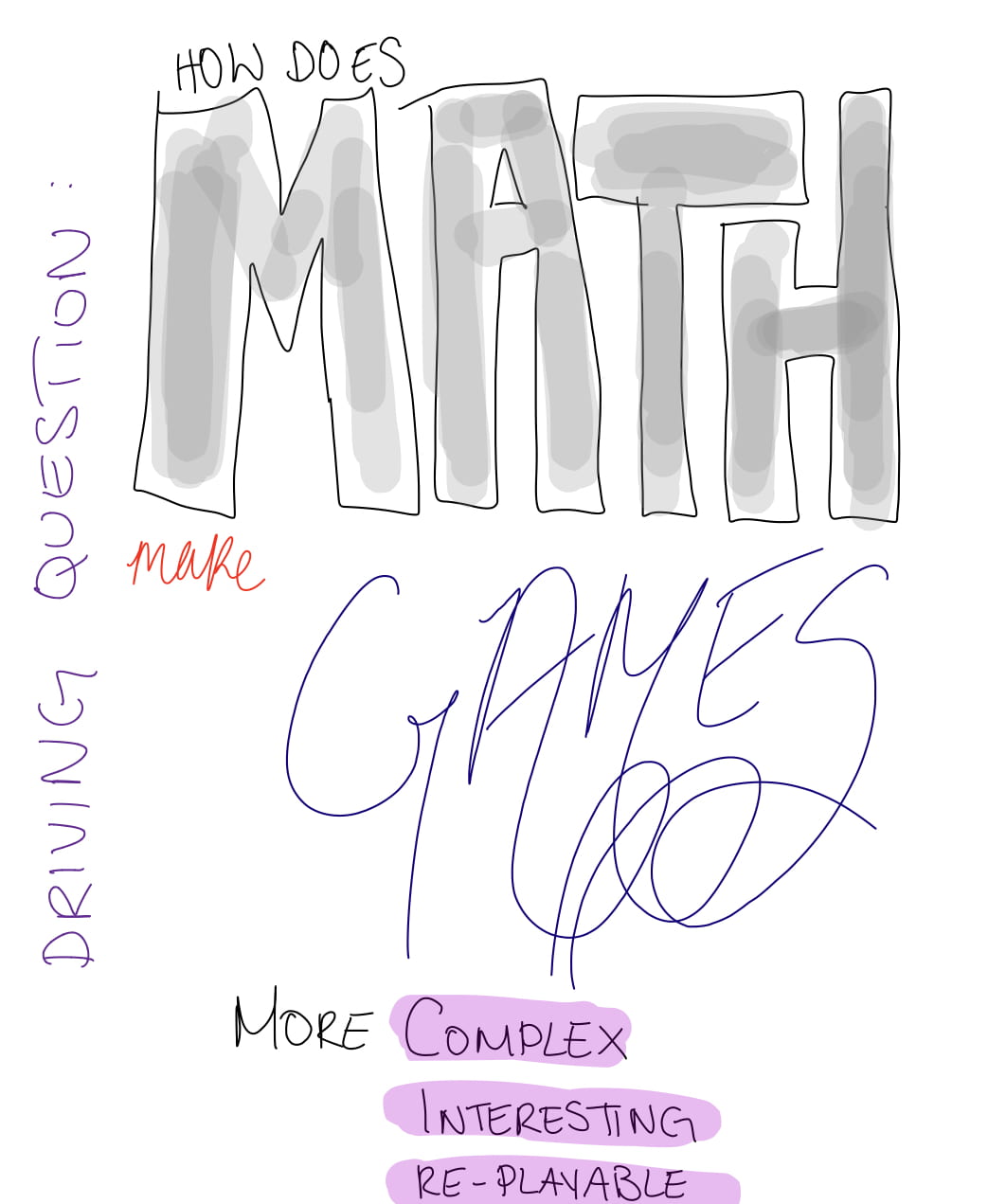
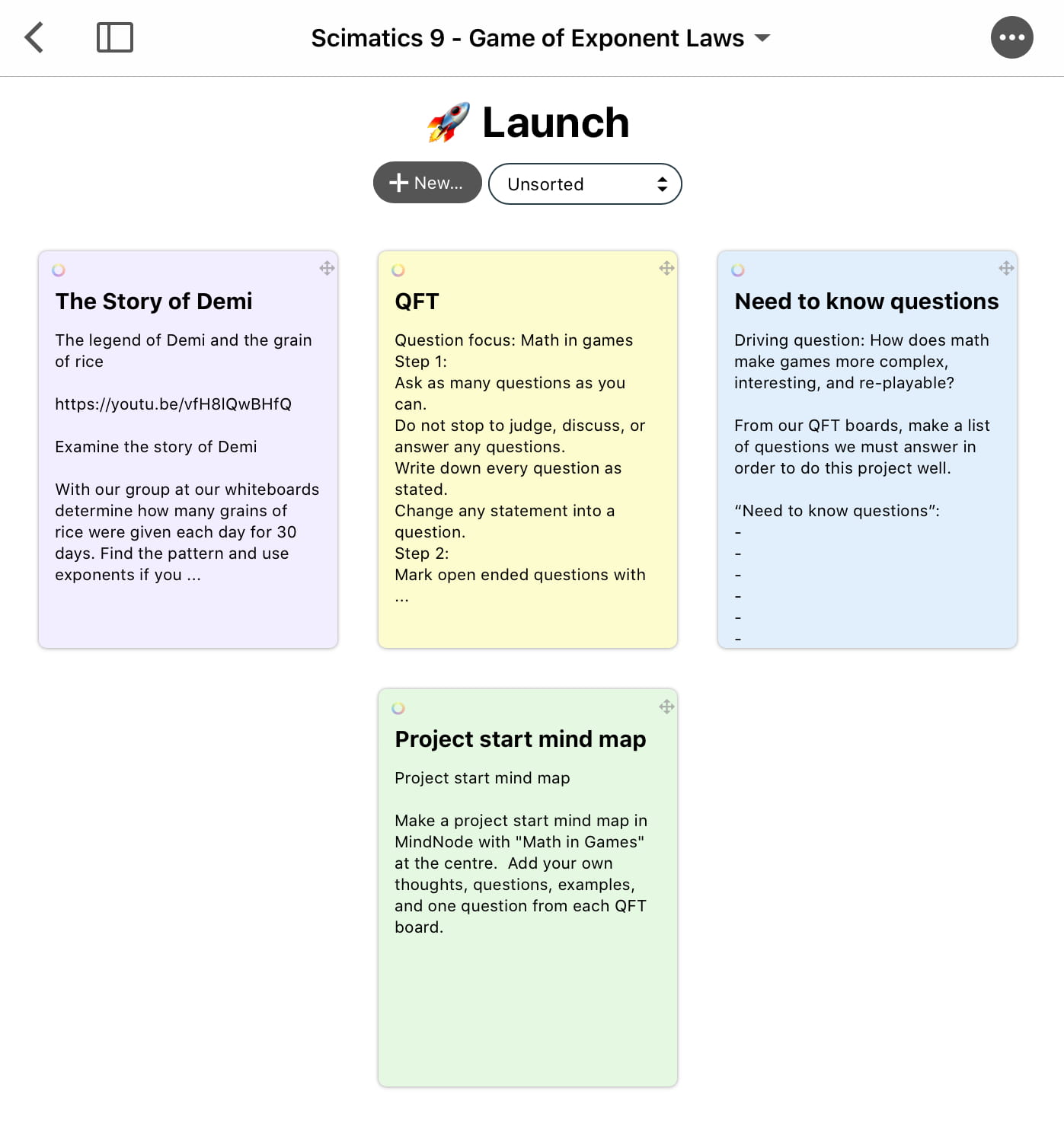
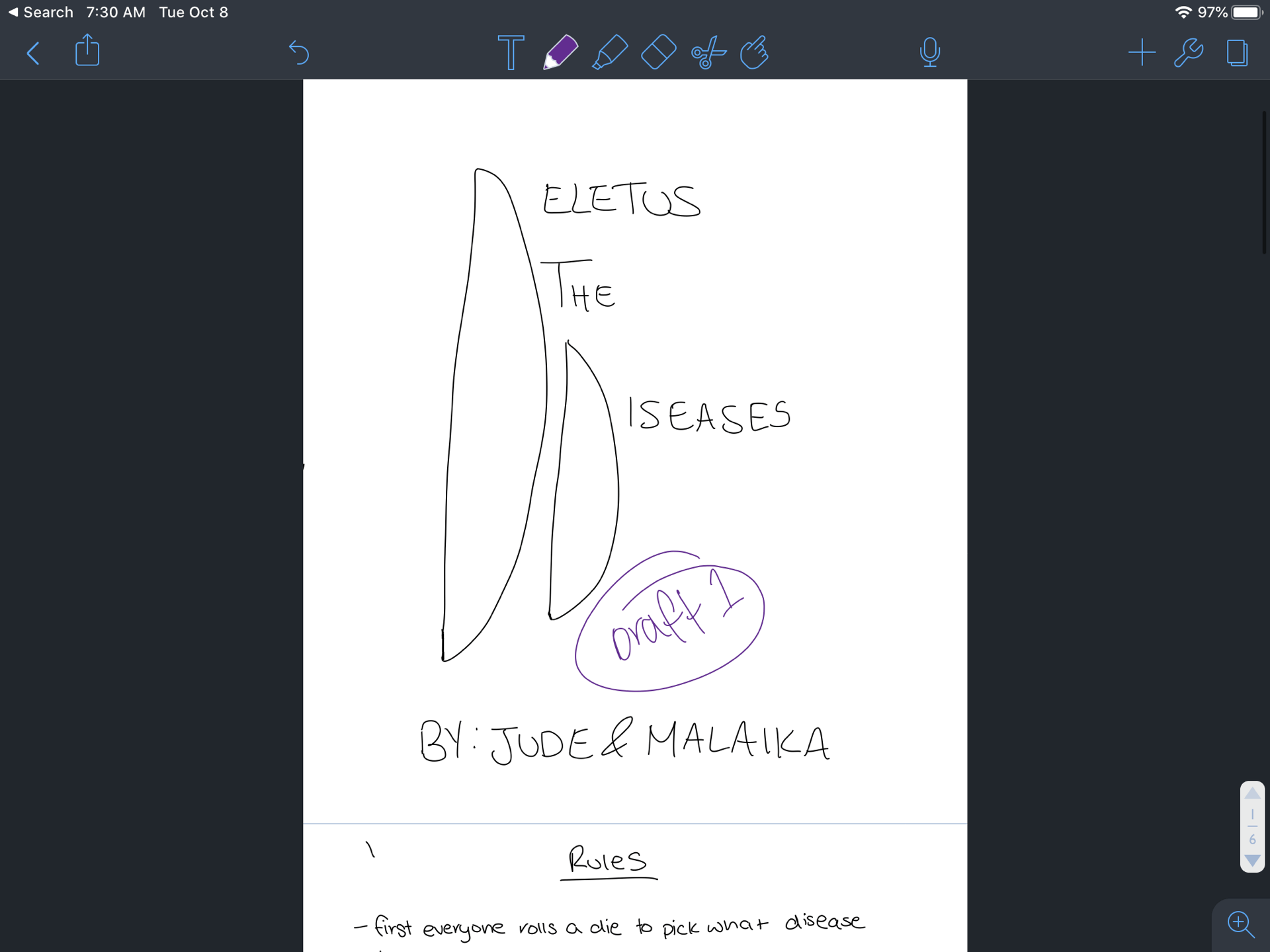


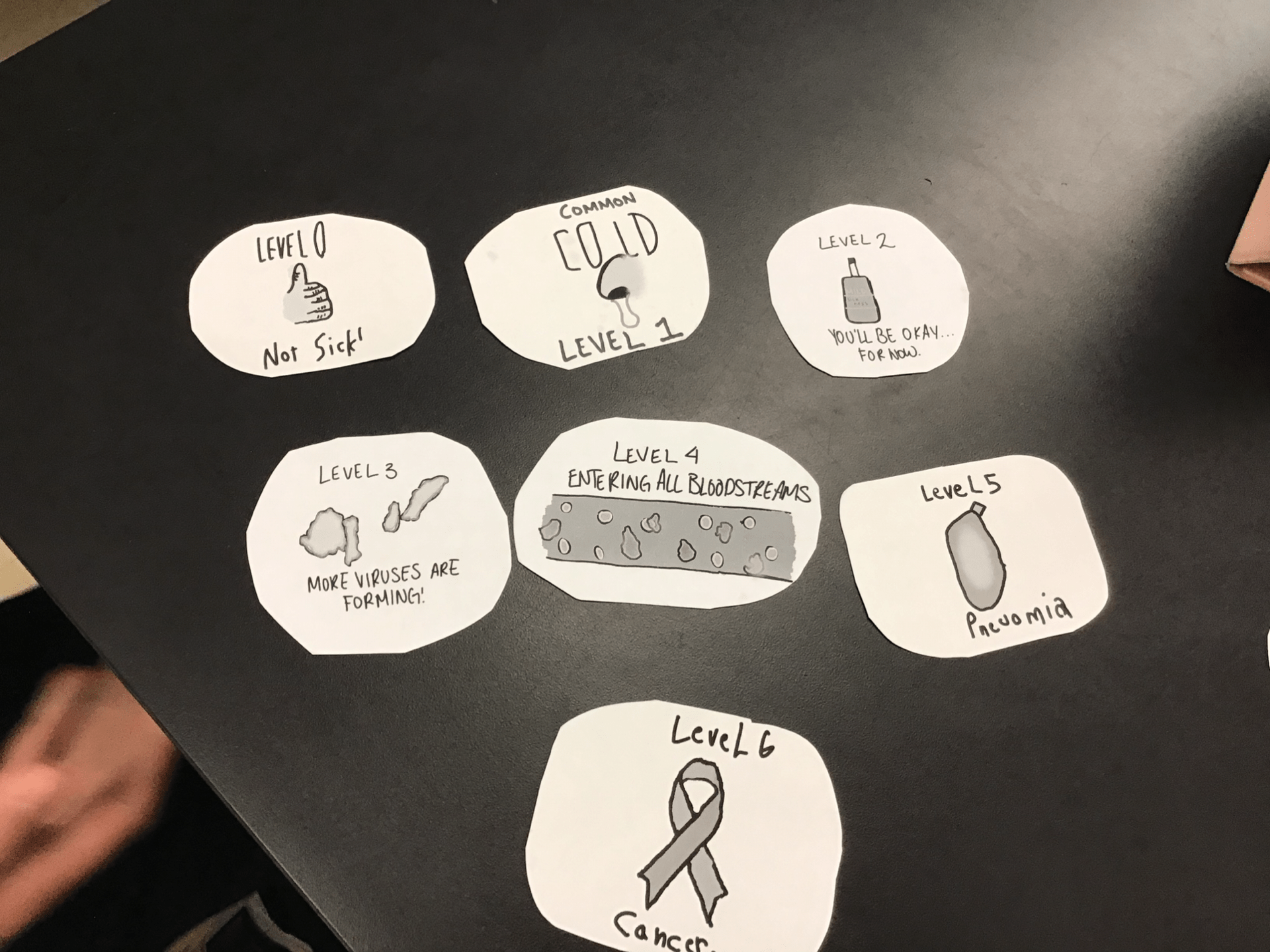


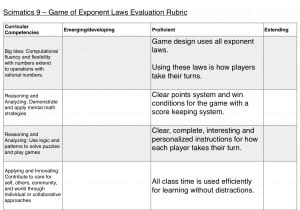

Leave a Reply